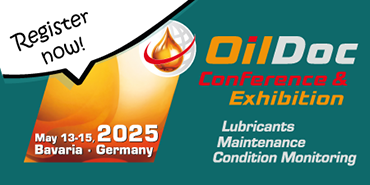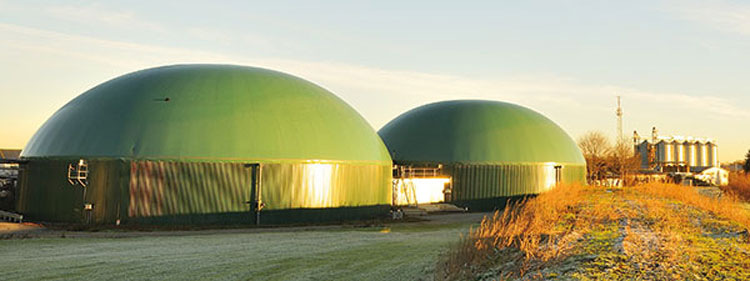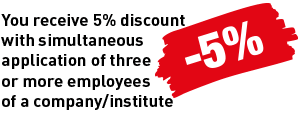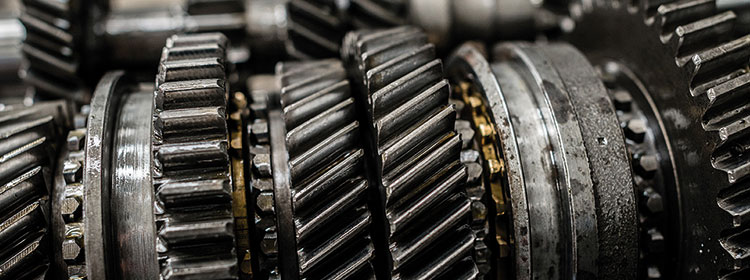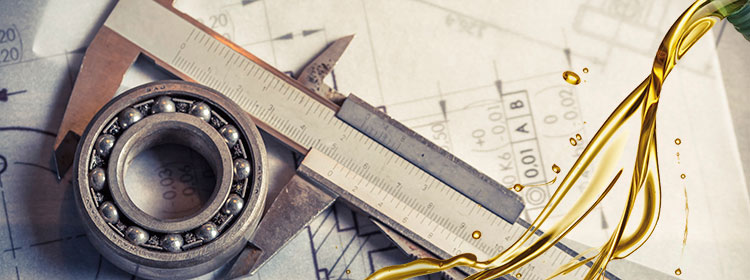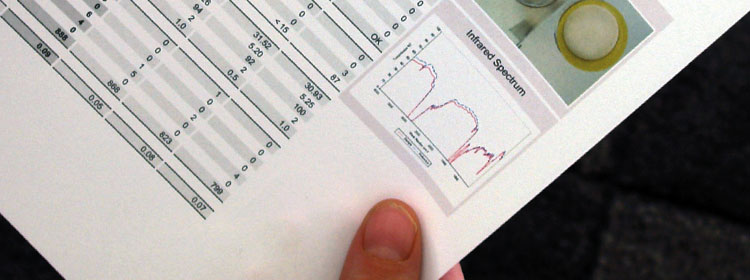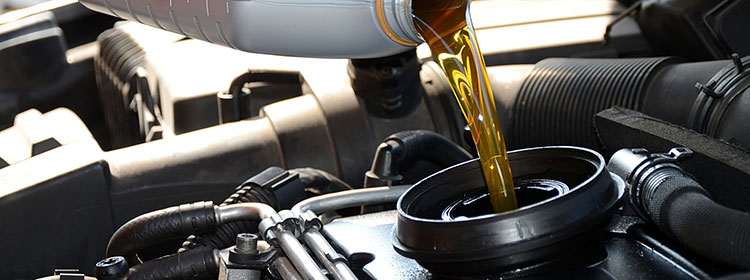Whether in large combined heat and power plants or biogas plants, stationary gas engines supply clean energy. Your gas engine oils are exposed to the highest stresses. In our seminar, you will learn about the lubrication of gas engines, the effects of gas type and gas quality as well as operational influences on engine oils. We also deal with biogenic fuels (ignition jet engines) and the analysis of cooling water.
A particular focus is the analysis of gas engine oils. It can be used to reliably determine the quality and duration of the gas engine oils used to meet the challenges in each case. The analyses also provide information on the condition of the engines.
Target Group
- Skilled employees and executives from operations and maintenance of natural- or biogas engine -block heat and power plant
- Mechanics and service technicians of motor, components and construction producers and their service partners
- Skilled employees of maintenance and service companies
- Distribution engineers and sales staff of lubricant producers and their resellers
- Authorized experts for failure analysis of biogas-plants, block heat and power plants or combustion engines
- Specialists and service staff working in the fields oil filtration, fluid service and condition monitoring
- Technical purchasers of lubricants and operating materials
- Technically interested employees who want to extend their knowledge in the areas lubrication techniques and tribology
Aims
- Selection of the best suitable gas engine oil for an economic and reliable plant operation
- Get to know the impact of gas type and quality on the service life of the oil filling and the engine
- Extraction of meaningful oil samples
- Extension of oil changing intervals
- Early recognition of unusual wear and failures
- Investigation of causes of faliure after breakdowns
- Oil analysis in pro-active maintenance
- Interpretation of lab reports
- Warning values for evaluation of machine damages and oil condition

